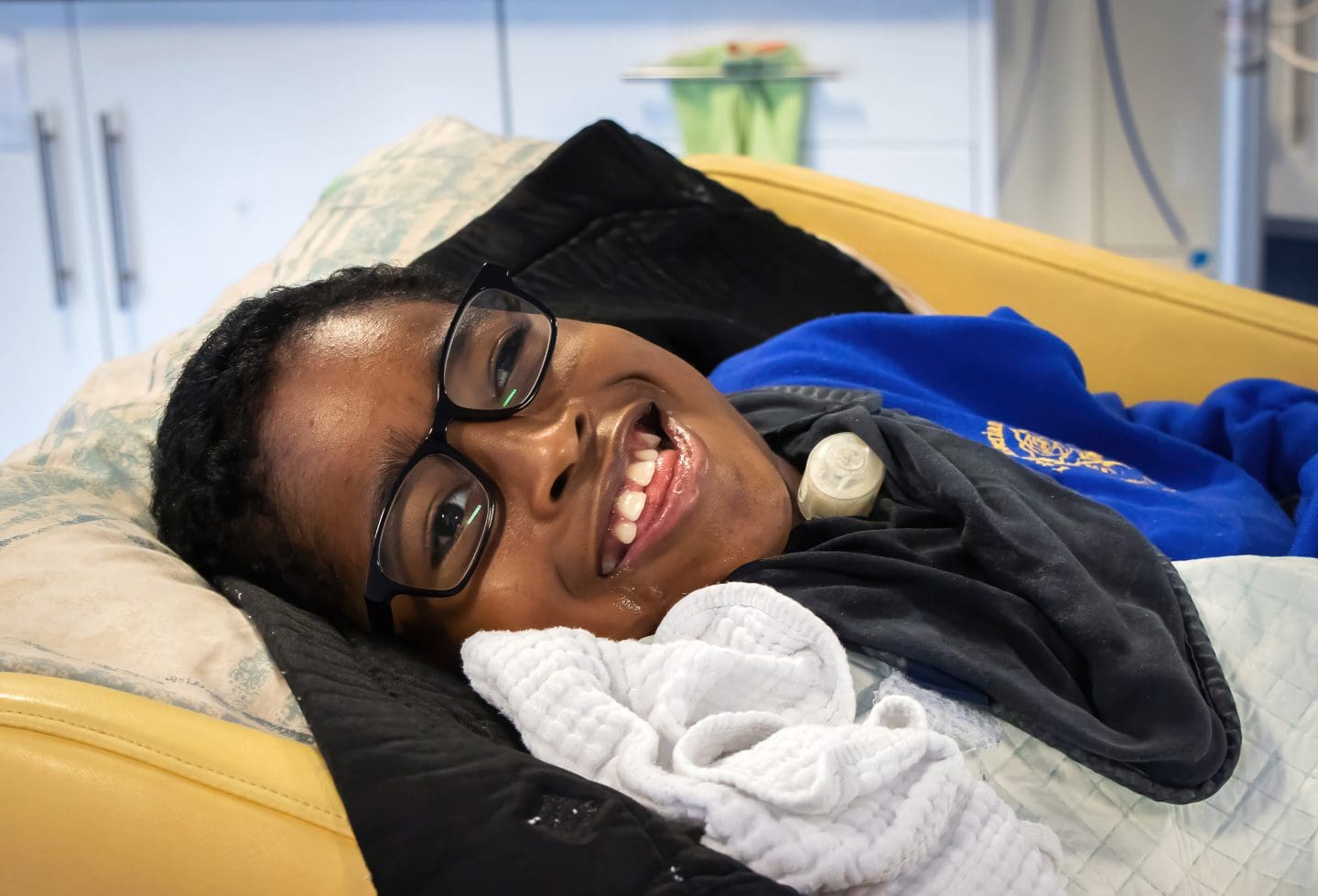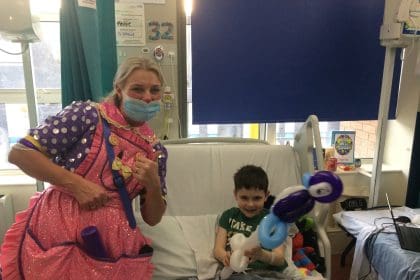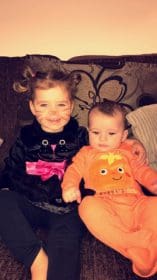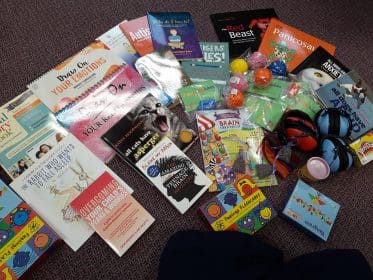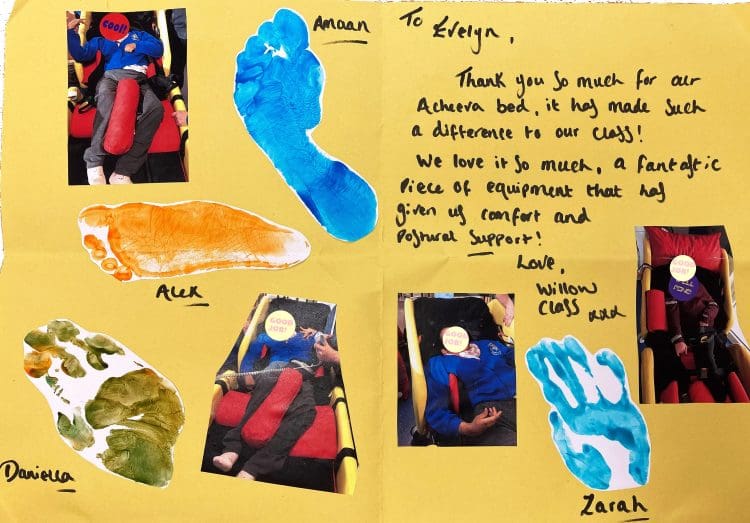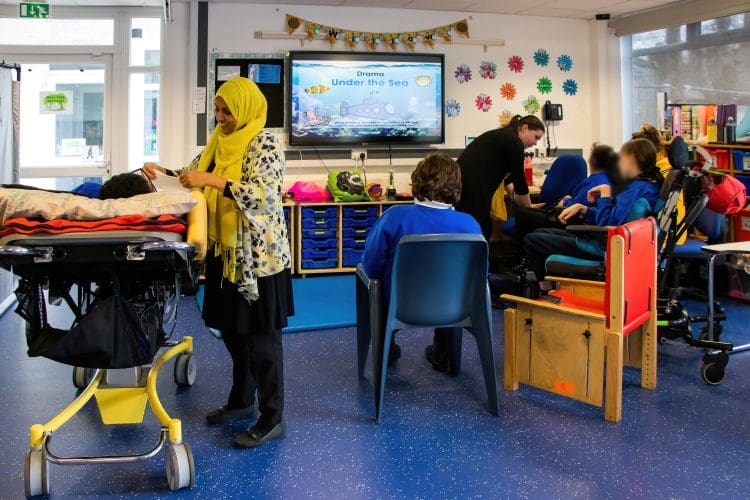 MedEquip4Kids has provided another two Acheeva Beds for Lancasterian School in West Didsbury, a specialist school for children aged 3-16 from the Manchester area with a wide range of special educational needs, including physical difficulties, complex medical conditions and communication needs.
MedEquip4Kids has provided another two Acheeva Beds for Lancasterian School in West Didsbury, a specialist school for children aged 3-16 from the Manchester area with a wide range of special educational needs, including physical difficulties, complex medical conditions and communication needs.
When we visited the school we met 12-year-old Omari, a pupil in Willow Class. At the age of two, Omari was diagnosed with a degenerative condition, which caused him to rapidly lose function. Due to his limited mobility he has to lie in a horizontal position and requires supportive postural equipment to ensure that he is comfortable. Omari responds well to voices and he uses a head switch that enables him to communicate his choices. As you can see from his photograph, he has a lovely smile!
For the last four years Omari has used an Acheeva Bed for most of his time in school. Lying in the same position for more than an hour causes him pain, so he has to be repositioned regularly. Because the bed is designed to be adjusted and tilted, it makes easier for staff to change his height and angle as required. This means fewer staff are needed to move and handle him and it is less distressing for him. The Acheeva Bed can also be taken into the bathroom or to physiotherapy sessions.
Willow Class is a pre-formal learning class that focuses on pupils’ communication, attention, interaction, and responses. Omari is able to lie on the bed while participating in the class activities at eye level with his classmates, which improves his learning and helps to give him a sense of inclusion. The new Acheeva Beds will benefit more children like Omari, improving their physical comfort and emotional wellbeing. It is truly amazing to see first-hand what a difference this equipment can make.

